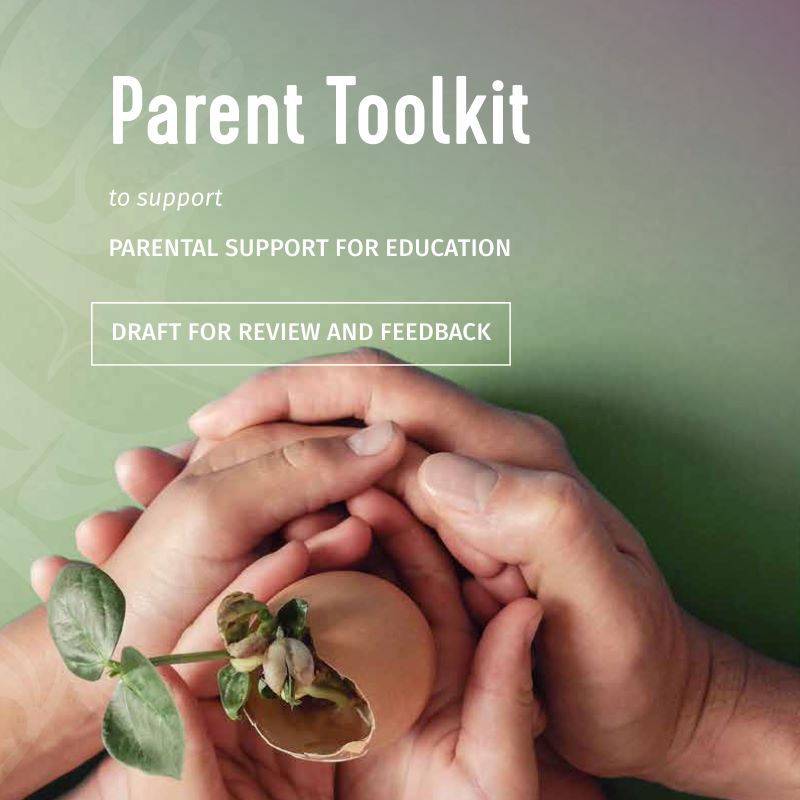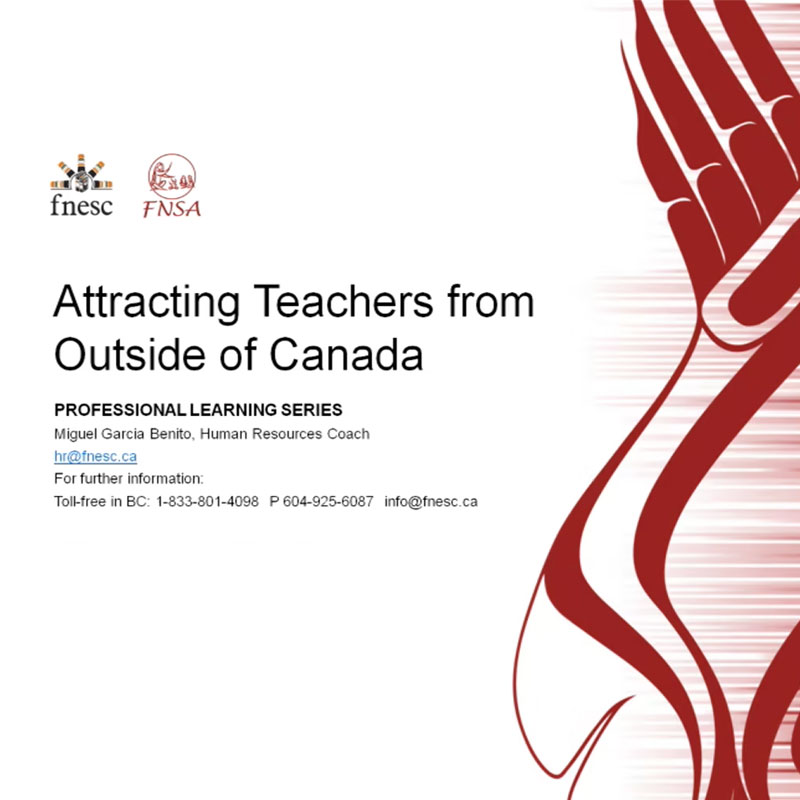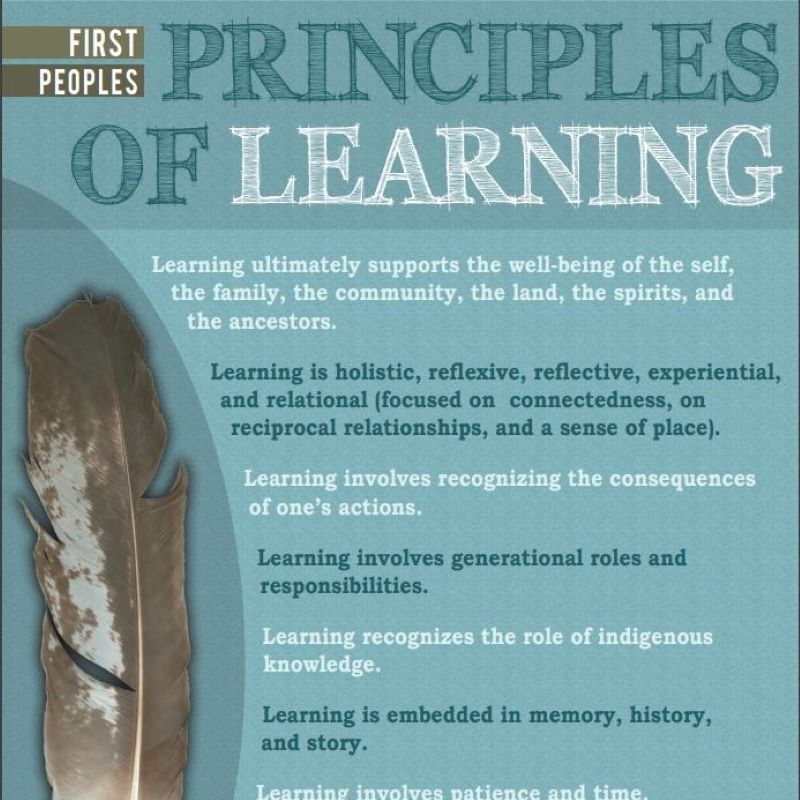Parent Toolkit – Draft for Review and Feedback

The Parent Toolkit has been created by the First Nations Education Steering Committee (FNESC) and First Nations Schools Association (FNSA) to support the importance of parental involvement in education.
The current edition is a draft for Review and Feedback.
The toolkit is based on the premise that Parents play a key role in the education of their children.
- Parents are their children’s first and most important teachers.
- Parents are the primary shapers of their children’s social skills.
- Parents are fundamental to children developing self-confidence and a positive self-identity. Parents transmit their values and culture to their children, which is key to their overall development and educational success.
First Nations parents and guardians have a right to be involved in all decisions about their children’s education. Parental rights are the foundation of First Nations control of First Nations education, and parents must be fully informed and involved in determining and guiding their children’s education.
0.96 MB
Section Breakdown
1.1 The Valuable Role of Parents in Student Success
1.2 The Value of Your Support for the School
2.1 What Is the Declaration on the Rights of Indigenous Peoples Act?
2.2 Parents’ Education Rights and Responsibilities
2.3 Roles and Responsibilities of Education Personnel
2.4 Suggestions for Meeting With School Staff
2.5 Questions To Ask At Parent Teacher Interviews
2.6 A Parent’s Role in Special Education Planning
2.7 Helping All Students Build Connections
2.8 What To Do If You Have a Concern About Your Child’s Education
2.9 What To Know About Choosing Courses
3.1 The Importance of Regular School Attendance
3.2 The Link Between Sleep and Success in School
3.3 Eating Together Can Help With School Success
3.4 Routines Can Help Kids Get to School on Time
3.5 The Benefits of Extra-Curricular Activities
3.6 Tips for Creating a Family Technology Use Plan
3.7 Keeping Up With Technology Use
3.9 How to Talk to Your Children About Drug and Alcohol Awareness
3.10 Helping Children Deal With Traumatic News or Events
More Resources







